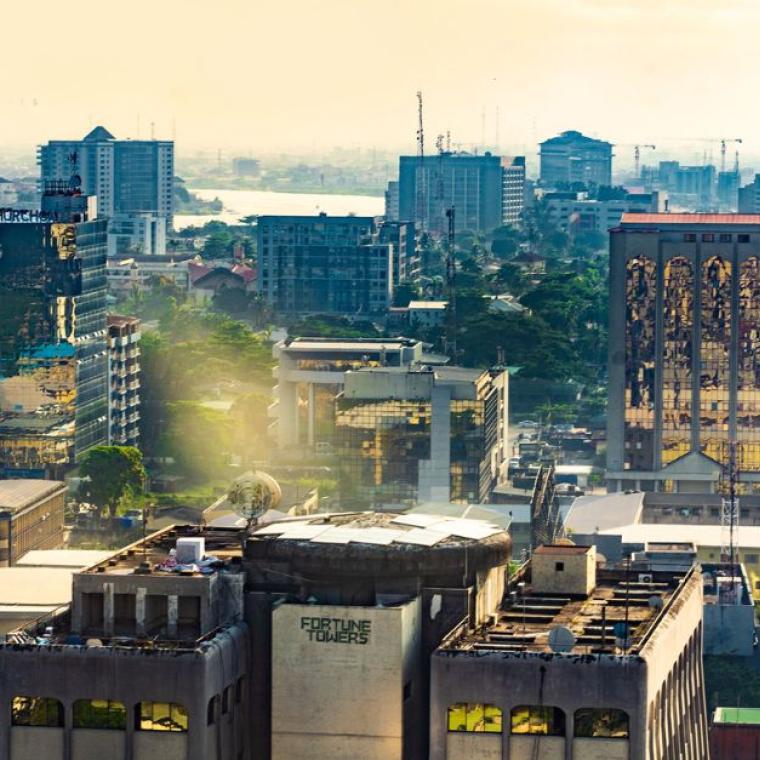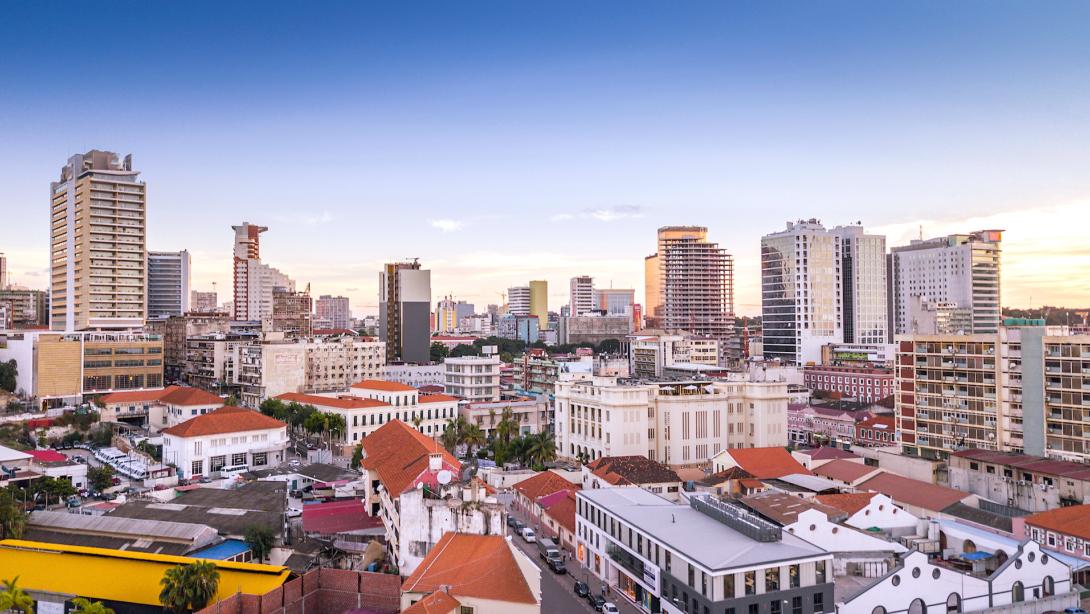
In today's society, economic crime poses a significant threat to both the stability of the financial system and the integrity of the corporate world. John Felicite, Business Development Director - Africa, examines the escalating threat of economic crime in Africa, from fraud and money laundering to theft and bribery, and the growing emphasis on corporate transparency in combatting these illicit activities.
What is corporate transparency?
Corporate transparency refers to the extent to which a company discloses information about its operations, financial performance, and governance practices. By promoting transparency, businesses can build trust among stakeholders, including investors, employees, and customers. This in turn acts as a deterrent to economic crime, making it more difficult for illicit activities to go unnoticed.
One major concern is the impact of economic crime on the funding of small and medium-sized enterprises (SMEs), which make up the bulk of businesses worldwide, especially in Africa. The inability of these companies to secure funding at reasonable rates from banks hinders their growth and has a negative effect on the economy and society as a whole. Additionally, the failure of governments to effectively collect and administer taxes can lead to a negative perception of a country or continent.
The toll of economic crime on South Africa
According to a 2023 report published by the World Bank, crime costs the South African economy at least 10% of GDP annually. This includes the impact of stolen property, protection costs such as security and insurance, and missed economic opportunities. The report highlights how crime acts as a heavy tax on the economy, distorting the allocation of resources, limiting growth potential, and creating negative distributional effects. This is a major challenge for a nation already facing multiple constraints on growth and fiscal sustainability.
Another form of economic crime is the neglect of key sectors in countries that are rich in raw materials and natural resources. This can significantly hinder economic growth and development, especially in the rapidly evolving technological landscape of the 21st and 22nd century.
However, there is hope for change. The collaboration between Africa and South Korea, though often overlooked, has the potential to drive economic growth through the exchange of raw materials for shared knowledge. South Korea, a country that was once decimated by war, has become a technological superpower and serves as a prime example of the positive impact of collaboration and development.
The growing competition for political & economic dominance
As Africa continues to be recognised as the last frontier for economic growth, it has become the subject of high competition among world powers such as the USA, Europe, China, India, Russia, and more recently, Saudi Arabia. This competition for political and economic dominance over the continent's fastest growing markets and critical natural resources highlights the need for increased measures against economic crime.
A recent report from the African Development Bank proposes strategies to address the urgent need for finance in urban growth in Africa. With the urban population expected to reach 1.5 billion by 2050 and cities like Lagos projected to house 32.6 million people, urbanisation presents a critical opportunity for progress towards the United Nations' Sustainable Development Goals (SDGs). However, this growth requires significant investment in infrastructure, which can be easier to obtain in a business environment with good corporate governance and transparency.
One key element in promoting corporate transparency is financial disclosure. Companies that adhere to robust financial reporting standards and provide comprehensive information about their financial health contribute to a more transparent business environment. This not only helps investors make informed decisions, but also allows regulatory bodies to monitor compliance and detect potential economic crimes.
However, economic crimes often exploit gaps in transparency. Fraudulent schemes can manipulate financial statements to create a facade of stability and profitability. This underscores the need for stringent auditing processes and regulatory oversight to ensure the accuracy and reliability of financial disclosures. Regulatory bodies play a crucial role in establishing and enforcing standards that enhance corporate transparency, ultimately reducing the likelihood of economic crimes.
Tackling money laundering through financial monitoring
Money laundering, another facet of economic crime, relies on complex financial transactions to conceal the origins of illicit funds. As such, implementing measures to trace and monitor financial flows within and between companies is crucial in improving corporate transparency. This includes enhanced due diligence, know your customer (KYC) procedures, and transaction monitoring systems.
Bribery and corruption are additional challenges to corporate transparency. To combat these issues, businesses must foster a transparent corporate culture with strong ethical values. This can be achieved through implementing anti-corruption policies, conducting regular ethics training, and establishing clear reporting mechanisms for unethical behaviour.
Globalisation has added complexity to the fight against economic crime, as businesses operate across borders with diverse legal and regulatory frameworks. In order to effectively address economic crime on a global scale, international cooperation and the standardisation of anti-money laundering and anti-corruption measures are crucial. This requires collaboration between governments, regulatory bodies, and businesses to create a cohesive and effective strategy against economic crimes that transcend national boundaries.
Leveraging technology to combat economic crime
Technological advancements have become a crucial factor in the fight against economic crime. By leveraging advanced tools like artificial intelligence and blockchain, transparency can be greatly improved by offering irrefutable evidence of financial transactions. In addition, these technologies have the capability to streamline compliance procedures, minimising the chances of human error and enhancing the ability to detect suspicious activities that may signal economic crimes.
The concepts of economic crime and corporate transparency are closely intertwined and have a significant impact on the integrity of financial systems. To safeguard against such crimes, it is imperative to strengthen corporate transparency through robust financial disclosures, strict regulatory oversight, and ethical business practices. This will play a crucial role in preventing and addressing economic crimes. It will also support the enterprise value of companies.
Your partner for sustainable ventures in Africa
At Ocorian, we specialise in providing invaluable support to the C-suite, aiding in informed decision-making while mitigating risks. Our global reach allows us to grasp the intricacies of international business, making us the ideal partner to facilitate your ventures in Africa.
Visit our corporate services page to find out more.


